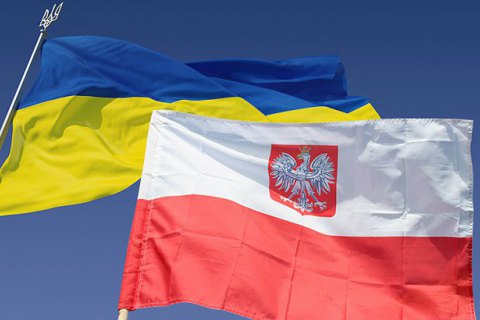Last year, the citizens of Ukraine received 83% of work permits that Poland has issued for foreigners, a steady growth after 77% in 2015 and slightly over 60% in 2014, Rzeczpospolita wrote on 24 January with a reference to Poland's labour ministry.
Second in the list of foreign workers are Belarusians, who have obtained 3.5% of job permits in 2016. They are followed by Moldovans with 2.3%.
The likewise proportions are observed in the number of declarations of intent of employment which allow citizens of six countries (Ukraine, Belarus, Moldova, Russia, Georgia and Armenia) to work in Poland without special permits within six months. Over the first 11 months of 2016, 337 thousand Ukrainians accounted for 96% of the applications submitted to the Employment Office.
"Without the participation of workers from Ukraine, a number of business projects and implementation of signed contracts in Poland would have been called into question. In the context of the inevitable demographic and immigration trends it is very important [for Poland] to work out a long-term immigration strategy. Our economy has entered a new phase of development in which the competitive advantage and the precondition of further development are not investments but the availability of human capital," the president of staffing agency Work Service Maciej Witucki told Rzeczpospolita.
In 2015, Ukrainians have transferred 5n zloty (over 1.2bn US dollars at the current exchange rate) to their families in the homeland.
According to the National Bank of Poland, an average migrant worker from Ukraine makes 2.1 thousand zł (14 thousand hryvnia) a month. The highest salaries receive migrants engaged in repair and construction works (2.7 thousand zł, or 18 thousand hryvnia). The lowest wages are in the service sector (1.8 thousand zł, or 12 thousand hryvnia). Employers often offer Ukrainians food and housing, which reduces their cost of living in Poland.
The publication notes that the Ukrainians generally do not compete with the Poles in the labor market, because doing work that locals do not want. A considerable part of labor migrants from Ukraine have higher education.
Last September, Poland's Minister of Labour Mateusz Morawecki offered to compensate labor shortage in the country at the expense of the Ukrainians.








